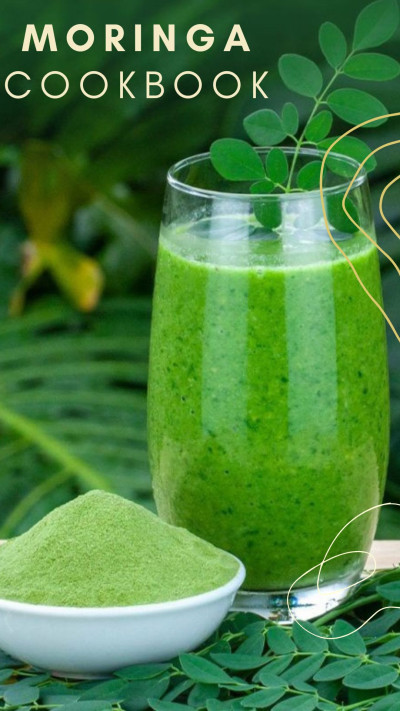91
Much of the Moringa oleifera plant is edible and is rich in vitamins A, B, and C, calcium, potassium, magnesium, and iron, and is rich in protein. Used for centuries now, moringa is known to help with sleep, anxiety, low energy, digestion skin disorders, and diabetes. It has 75% more vitamin A than the same serving as carrots and a high number of amino acids and antioxidants. In underdeveloped countries, moringa is used to counter malnutrition thanks to its rich nutritional value. Most commonly, moringa is consumed through capsules. But its immature pods can be used in place of green beans, and seeds from mature pods can be cooked like peas or roasted nuts. Its leaves can be used in place of spinach.
